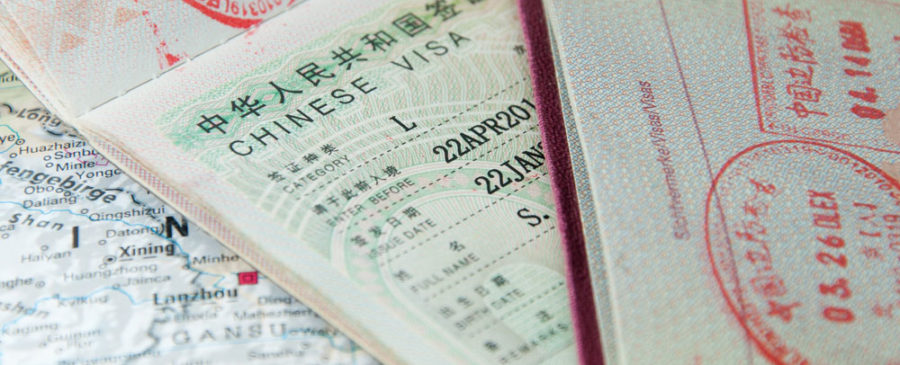China Touches Up Their Entry Process

China is a popular destination with many adventure travelers, who visit every year seeking experiences like a walk along the Great Wall, hiking the banks of the Yangtze River, and exploring the ancient cities in the shadow of the Tian Shan Mountains. This year however, visitors to China will encounter an additional security procedure as they enter the country.
The Chinese government has announced it will gather fingerprint data for all foreign travelers crossing its borders. A number of other countries, including the United States, already have a policy of collecting fingerprint data for non-nationals, and China has decided to join them. The rollout of the program will be gradual and is intended to shorten the time those hoping to enter the country spend in customs.
Visa Considerations When Traveling to China

Stefanie F. - Fotolia - adobe.stock.com
While fingerprinting can be a little intimidating, the most important focus of planning your trip to China should be understanding China's entry requirements. Make time to research the type of visa you will need (you may require a multi-entry visa depending on your itinerary) and have it ready on time. Many travelers, including United States citizens, must obtain their visa before arriving in China since they aren’t eligible for a landing visa.
It’s also important to note that visas cannot be changed once issued. China’s policy is to void the old visa and then issue a new one, which can take up more time. These visa requirements aren’t new, but they can make fingerprinting seem like a minor inconvenience by comparison! Upfront research and preparation will make your entry to this grand country simple and easy.


Josie
Having my fingerprints taken doesn’t bother me – as you said, many other countries do it too. I have taken China off my travel this year though due to the restrictive visa process. I would have to come home to Australia to get a visa, and that’s not practical.
Amanda McCadams
I don’t blame you Josie. That seems like a lot of extra time and money that you could use elsewhere.